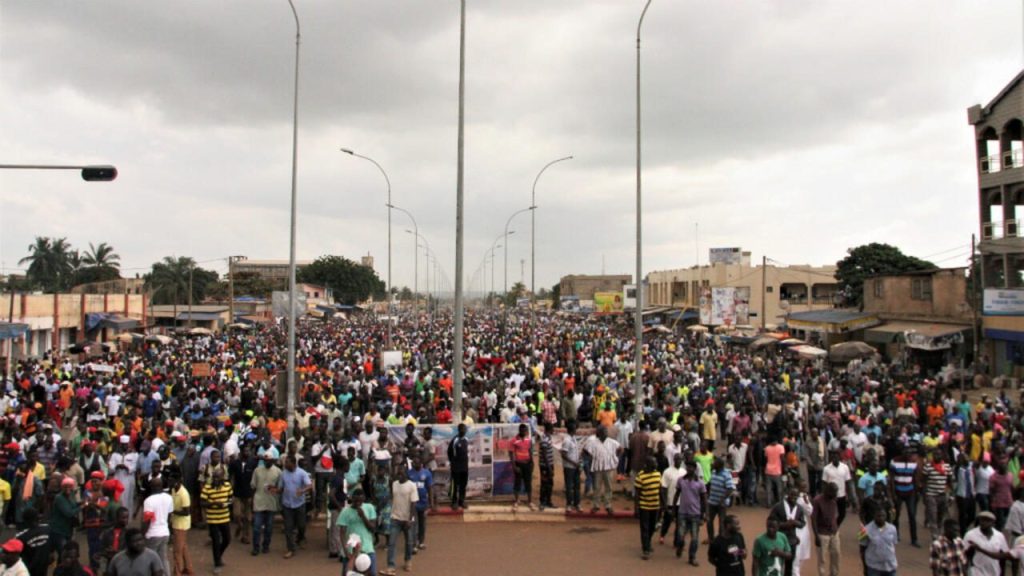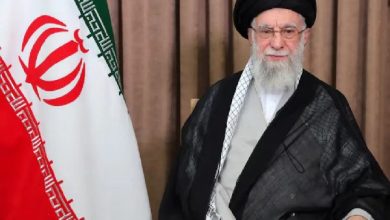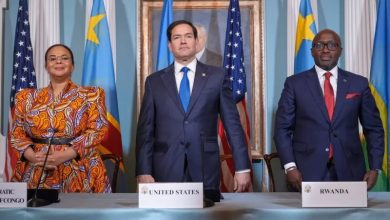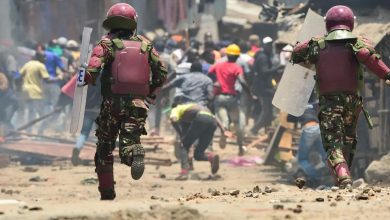Togo Protests Escalate as Security Forces Clash with Demonstrators
Tear gas filled Lomé streets as protesters clashed with security forces over Togo’s political future.
Anger mounts against constitutional changes critics say could tighten President Gnassingbe’s decades-long hold on power.
Security forces in Togo used tear gas to disperse hundreds of protesters in the capital city, Lomé, on Thursday, June 26, as demonstrations erupted against President Faure Gnassingbe’s continued grip on power. Protesters blocked roads, burned tyres, and erected concrete barricades across several neighborhoods, including the opposition stronghold of Be, where several demonstrators were reportedly arrested.

The protests come amid mounting public frustration over recent constitutional changes critics say could entrench Gnassingbe’s rule indefinitely. The amendments have been widely condemned by opposition groups and civil society actors as a “constitutional coup,” giving the president unchecked authority and the ability to extend his influence beyond traditional term limits.
Tensions intensified after President Gnassingbe was sworn in as head of the Council of Ministers in May, a newly created role that wields significant executive power and carries no formal term limit. This development has been viewed by many as a backdoor attempt to sidestep democratic transition, especially in a region already grappling with instability and authoritarian tendencies.
Thursday’s protest followed calls by the civic coalition “Hands Off My Constitution,” which urged citizens to participate in “an unprecedented peaceful demonstration” from June 26 to 28. The group also demanded the immediate release of approximately 100 political detainees and urged the government to address the declining purchasing power affecting ordinary Togolese citizens.
“We’re hungry. Nothing works for Togolese youth anymore; that’s why we’re going out to protest this morning,” said Kossi Albert, a 30-year-old unemployed protester who vowed to return to the streets the following day.
Amid the unrest, many businesses in Lomé closed their doors, and a heavy military presence was deployed across the city. Security forces, equipped with jeeps and anti-riot gear, were seen patrolling volatile zones throughout the day. Togolese authorities, including Minister of Territorial Administration Hodabalo Awate, have yet to issue any formal statement in response to the unrest.
This is not the first sign of civil resistance to the president’s prolonged rule. Earlier in June, Amnesty International reported that dozens were arrested during previous demonstrations, though most were later released. The rights group warned against the growing crackdown on dissent and noted worsening economic conditions, including a steep rise in the cost of living.
Though public protests have been officially banned in Togo since 2022 following a deadly attack at Lome’s central market, recent developments appear to have reignited widespread defiance among citizens. The constitutional change has also drawn regional concern, with analysts warning that Togo risks sliding further into authoritarianism at a time when West Africa is experiencing a resurgence of military takeovers and democratic backsliding.
Gnassingbe has ruled Togo since 2005 after the death of his father, Gnassingbe Eyadema, who himself ruled for nearly four decades. The family’s political dynasty has now dominated Togolese politics for over 50 years.
Despite growing public anger, it remains unclear whether the recent demonstrations will prompt any meaningful concession from the presidency or lead to wider political reforms. However, with protests expected to continue, Togo’s leadership faces increased pressure both at home and from international observers to address concerns around governance, human rights, and the future of democracy in the country.



